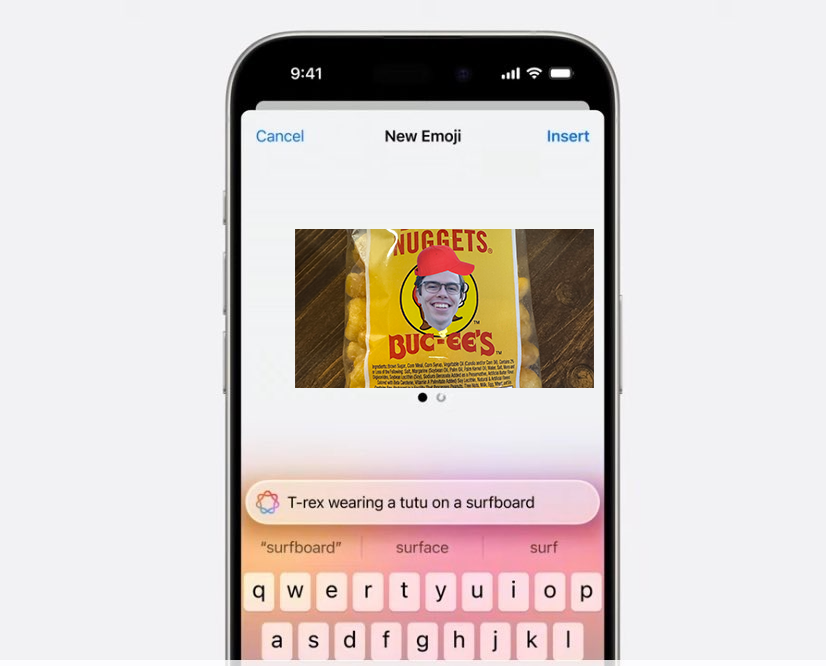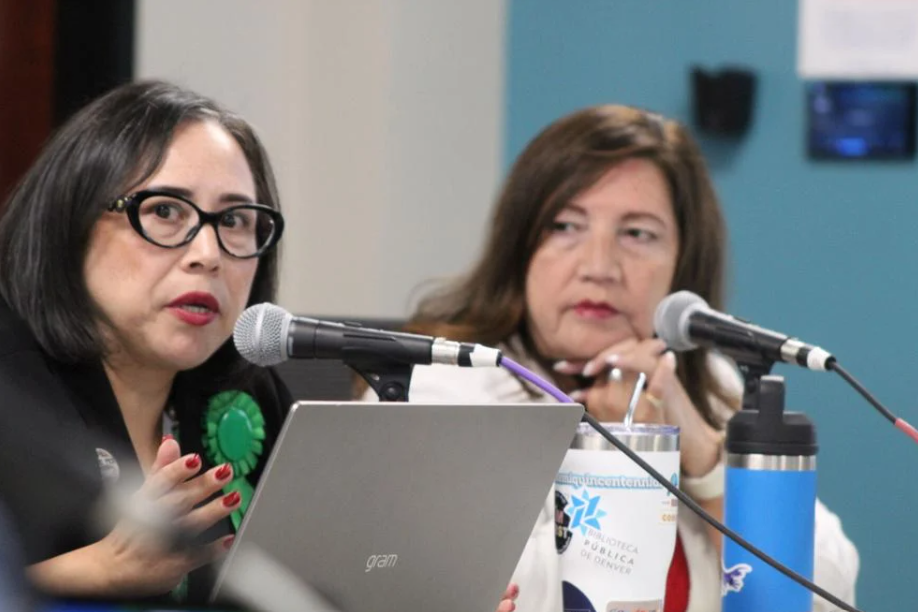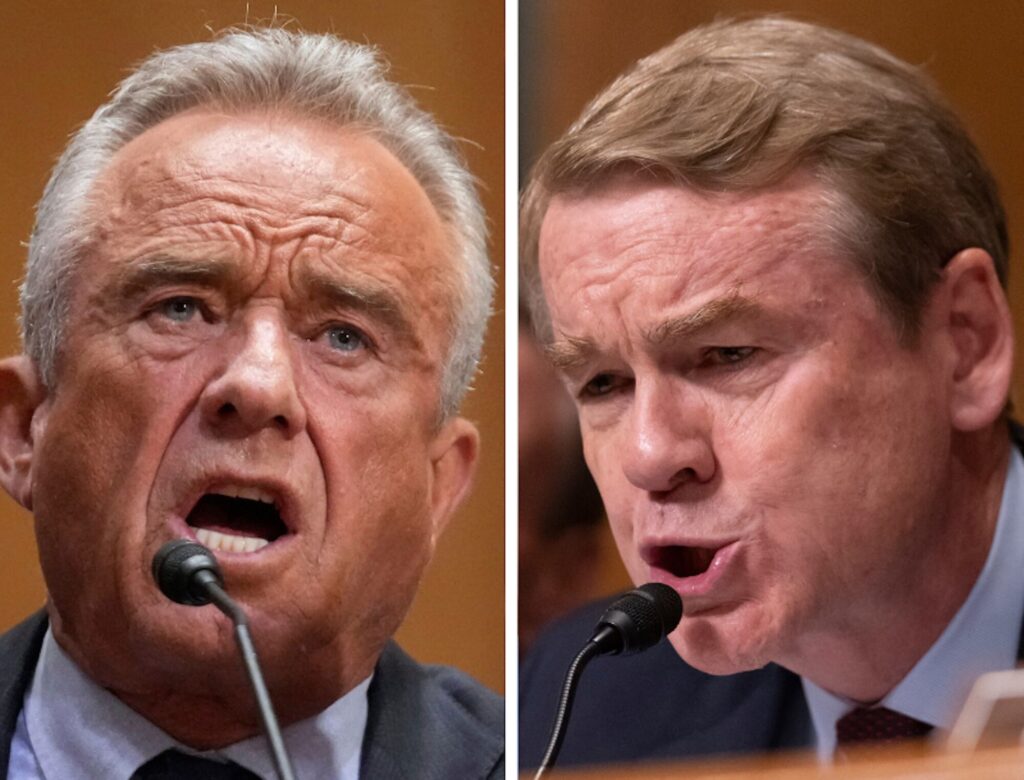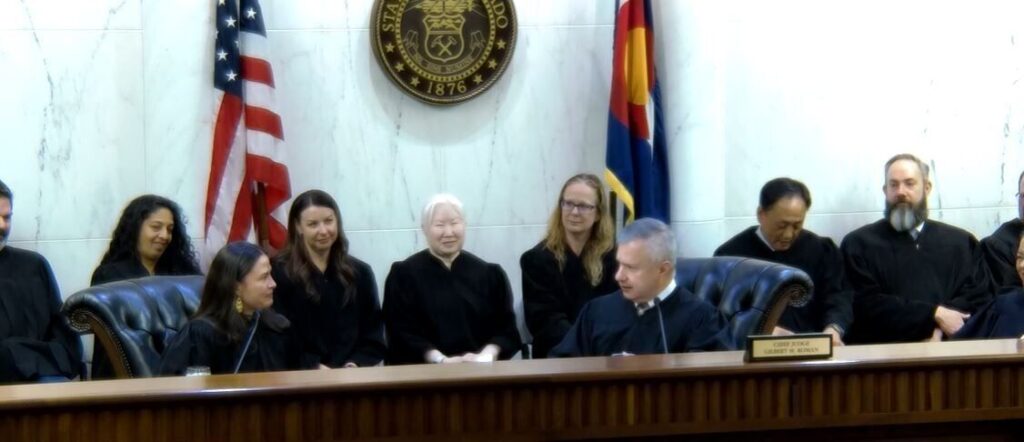Q&A with Bob Mook | ‘Policies, not politics, are the future’
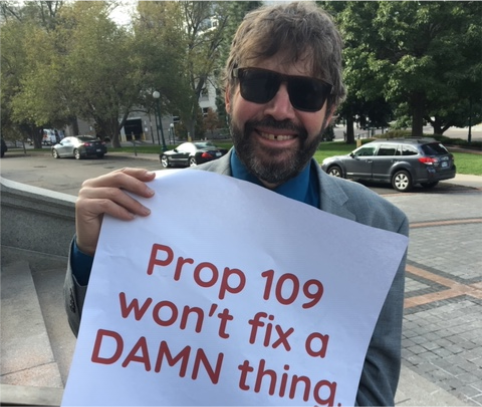
Bob Mook is one former journalist who didn’t just fade away. Pretty much the opposite: He put on a jersey and got in a game he used to cover from the sidelines.
Sure, the move has meant better pay, but it also has been fulfilling in other ways. For one thing, he at last is free to make the case for causes he believes in – but was constrained from espousing in his former calling.
Mook, a longtime presence in Front Range journalism, talks about his decision to shift gears and help bring about the kinds of change he once only reported on. He’s nowadays communications chief at the Colorado Center on Law and Policy
He also sizes up Colorado’s political scene on the cusp of what promises to be another barn burner of an election year. And, indulging us, he lets slip what line of work he might have pursued had he not gotten mixed up in the media biz in the first place.
Colorado Politics: Your career path reminds us there’s life beyond the news media. Tell us about the transition from journalist to advocate. What motivated you to take the leap? What was it like finding your fit in a world you’d previously covered at arm’s length.
Bob Mook: I was a working journalist for nearly two decades, as an editor and reporter for the Denver Business Journal and a few local newspapers. It was a fun and fulfilling career with middling compensation. But I had a family to support and sought refuge in the more lucrative arms of the Colorado Health Foundation’s communications department, where I worked for about four years.
A lot of the skills that I developed as a reporter and editor – telling compelling stories, tapping into readers’ concerns and interests and making complicated subjects engaging and interesting – proved useful in the communications world. Plus, I was no longer tethered to the journalistic constraints of “objectivity” where I had to reflect many sides of a particular issue and let the readers reach their own conclusions. I ghost-wrote a lot of messaging and op-eds in support of Medicaid expansion in 2011 – which I personally favored. I even got to write some talking points for Gov. Hickenlooper in support of some of our ideas – though he didn’t use any of my prefabricated words verbatim. Essentially, I got paid for writing persuasive content while taking none of the blame for the things my bosses didn’t write – which is a lot of fun if you are like me and you don’t have a big ego. Early in my communications career, I wondered why I didn’t make the move sooner.
For the past five years, I’ve been the communications director at Colorado Center on Law and Policy, where I broadened my palette in building support for policies that benefit Coloradans facing poverty. It’s a super-busy job. Along with developing written content for the organization, I manage their social media platforms and website, develop communications strategies, produce their email newsletters, handle media relations, coordinate events, produce webinars, design information graphics and even dabble in video on occasion.
In some ways, I miss journalism because it’s harder to engage, inform and persuade people than it is to merely engage and inform people – though audiences are quicker to call out implicit bias these days if you work for the media. I also miss journalism because people in the nonprofit advocacy world don’t always appreciate my twisted sense of humor, and journalists usually get it. Overall advocacy is satisfying work and I feel that what I do makes a difference in the lives of Coloradans.
Bob Mook
- Communications director, Colorado Center on Law and Policy, since 2014.
- Editorial manager, Colorado Health Foundation, 2010-2013.
- Editor, reporter at the Denver Business Journal1996-2010. Also served for a time as business editor at the Fort Collins Coloradoan.
- Holds a degree in journalism from Metropolitan State University in Denver.
CP: Colorado’s shift to the left in last year’s statewide election must have enhanced your organization’s overall leverage and raised its prospects for helping push through legislation it supports at the Capitol. Are there some specific policy priorities you now have a better shot at enactment?
Mook: Clearly, the results of the 2018 election didn’t hurt our prospects. All 13 bills led or developed by CCLP in the 2019 session were approved by the legislature and signed by Gov. Polis. But every one of those bills passed with bipartisan support. We’ve long maintained that poverty is a nonpartisan issue and have always sought supporters from both sides of the aisle for our legislation and will continue doing so. As you know, the political pendulum swings often in Colorado, so we can’t afford to put politics over good policy or we’d be left out in the cold in the next inevitable power shift. We believe that members from both major parties care about poverty – though they often differ on approaches. We aim to identify problems, educate the public and work with our partners and legislators on long-term solutions.
Regarding policy priorities, the fact our tenants’ rights bills fared better under this legislature than under previous regimes suggests that we have a better shot now. But the fact that those bills found bipartisan support last session also suggests that members of both parties recognize that the economy and the housing market are outpacing the financial resources of many working Coloradans struggling to keep a roof under their head. There’s no reason that one party should hold a monopoly on improving life for all people in this state. Policies, not politics, are the future of Colorado.
CP: Speaking of last year’s election, does it portend of a new, long-term trajectory for Colorado voters, or – as we’ve put it to other Q&A subjects on both the left and right – was 2018 just another swing of the pendulum?
Mook: I doubt that the pendulum will swing back to the right much in 2020, but I say that as a longtime observer of politics in Colorado and not as the communications director of CCLP, which doesn’t do politics. The pendulum will inevitably swing at some point because independent voters get frustrated at what they see as the failure of government to address social ills, an economy that’s not working for them, traffic congestion, etc. Rightly or wrongly, at some point, they’ll blame the party in charge and there will be yet another swing.
As long as we have TABOR, state government can’t significantly move the needle without voter approval. Unfortunately, the results of the 2019 election show that many Coloradans are “liberal libertarians” in that we like schools, roads, public transit and higher ed, but we like our tax rebates more. Perhaps advocacy organizations like CCLP can do a better job educating the public, but until we can break the impasse imposed by TABOR, skepticism about the effectiveness of state government will continue to deepen. Unfortunately, TABOR’s “ratchet-effect” isn’t strictly budgetary; it’s also something of a cultural phenomenon here in Colorado.
CP: What role does CCLP play in Colorado’s policy world that distinguishes it from any other group or cause?
Mook: CCLP is focused on taking down the systemic barriers that force Coloradans into poverty or keep them in poverty. We employ lawyers, researchers and other advocates to work on securing affordable housing, health care, food and income to lift Coloradans out of poverty and build a more equitable state.
We use research, coalition building and legislative and legal advocacy to advance our goals. We don’t regard ourselves as a “progressive” or “political” organization. Where we are unique is that our work is rooted in evidenced-based research, sound public policy and even litigation when necessary, not ideology and politics.
CP: There’s plenty of angst over the news media’s state of flux – in some cases, free fall – in the Digital Age. We all know about the downside – the economic challenges facing traditional print and broadcast media as well as the troubling implications for coverage of political and policy issues. But is there also an upside to the information revolution that is forcing media to reinvent themselves? Have the media been in need of a makeover, perhaps becoming more relevant and more plugged into the way people now communicate? You’ve been part of the Front Range media scene a long time. What’s your take?
Mook: The death spiral for traditional media began when the corporate powers that be determined that the answer to shrinking profits was to reduce staff and local coverage instead of doubling down with relevant local coverage. Readers are savvy enough to see they weren’t getting their money’s worth and canceled their subscriptions, which of course only exacerbated the death spiral.
To succeed, media need to get savvier with repurposing their best content and reaching audiences where they live. That could mean that a good reporter is the “mother-ship” of a communications arsenal that includes podcasts, videos, info-graphics, social media posts, emails, webinars, partnerships with other media outlets, events, text messages – whatever it takes.
Of course all of that requires work and money, but it seems like the media outlets that invest the most in those resources also get the best ROI. Look at The Washington Post and The New Yorker. They are hiring the best reporters to produce good content at a premium subscribers are willing to pay and reaping good financial results. Locally, Colorado Public Radio has bolstered its staff and programming and uses multiple platforms, and they have seen encouraging returns with audiences and finances. So there’s hope, but it’s not necessarily cheap or easy.
CP: Critique the state’s media and how we do our job. Where do we bridge the gap in public understanding – particularly in political coverage – and where do we fall short?
Mook: Political coverage seems to be a very limited niche these days. It’s probably best left to nonprofit advocacy organizations. Just kidding!
I think Colorado Politics is a good forum representing a wide spectrum of opinions with some intriguing click-bait and meat-and-potatoes coverage that’s mostly focused on people and issues under the dome, but I think they could punch up their social media and events a bit more and reach out to politically engaged Millennials who have an appetite for news but not the kind their parents get. The Denverite is doing an excellent job engaging local activists, despite being assimilated by the CPR juggernaut. CPR does an exceptional job covering politics and other sectors throughout the state, though their formats sort of force them to be concise, their enterprise projects on teens under stress and TABOR and such have been impressive. The Colorado Sun is an interesting experiment in the kind of enterprise journalism we used to do. But it’s hard to read those longer pieces on a computer monitor and I don’t know if their content resonates with many people who aren’t former or current journalists or journalism connoisseurs.
As a former member of the State Capitol press corps, I think it’s critical that publications keep reporters staffed at their capitol bureaus and that local newspapers continue to retain correspondents to cover city and county government. Otherwise, democracy has no chance.
CP: If you had to pursue another career that’s entirely unrelated to what you do know or have done in the past, what might it be?
Mook: I should have stuck with the guitar. I have vast musical knowledge that’s mostly wasted on a good record collection and conversations with other music geeks. But I understand that being a professional musician isn’t conducive to family life. And you need talent and charm to succeed. Still, maybe it’s not too late.



